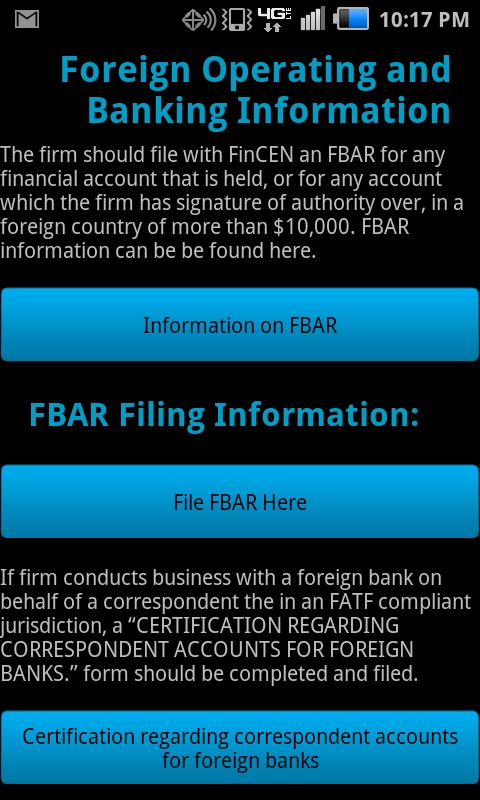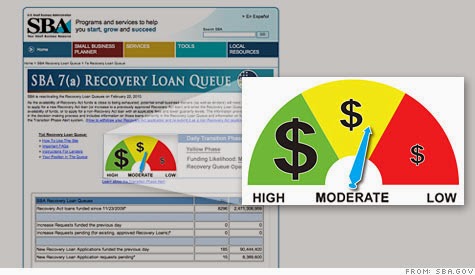As non-banks enter the financial services marketplace through innovative payment and banking offerings, it is vital for the financial services industry to establish design thinking and innovation as an underpinning of their business model to incentivize the customer loyalty necessary to regain competitive advantage in banking.
Christopher Whitlock, Vice President, Executive Creative Director at Fidelity Investments recently spoke with marcus evans about key topics to be discussed at their upcomi




